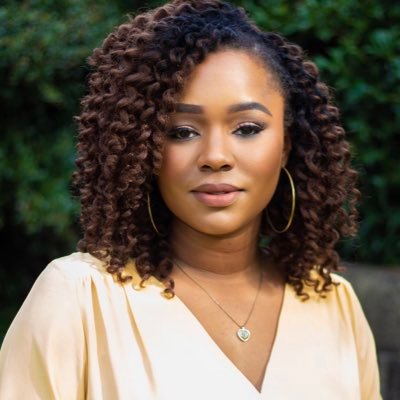
The number of people who go hungry in the United States is decreasing, albeit slowly. Attributed to the plethora of government-subsidized food and nutrition programs, reduced-price school meals, and nonprofit-funded initiatives to aid nearly 48 million food-insecure people (16.2 million of which are children), the USDA reports that 7.8 percent of children in this population were food insecure during 2015 -- down from 9.4 percent the year before.
A victory is hardly won here, however. When school is out, children who rely on school-time meals are at risk of having limited access to food. Thus, a strong emphasis on building bridges for families during the summer months has remained critical to filling the gap with healthy, inexpensive meals for kids.
Over the last six years, the PepsiCo has worked to address these challenges through the roll-out of its Food for Good program, which delivers breakfast and lunch to communities across the country. To date, Food for Good delivered over 6.5 million meals.
The program was conceived by PepsiCo associates and various community groups and subsequently rolled out in Dallas back in 2009. It has since expanded every year to new communities. Five days a week, the company loads freight trucks with pre-packaged meals and passes them throughout apartment complexes.
The program now operates in Little Rock, Arkansas; Denver; Detroit; Oklahoma City, Choctaw Nation and Chickasaw Nation, Oklahoma; Nashville; St. Louis; and Austin, Houston, Dallas, Fort Worth, Rio Grande Valley and San Antonio, Texas. Locations are selected based on need, convenient and safe access for children, PepsiCo says. Requests and recommendations are also made directly from communities.
Meals are based on USDA food and nutrition standards for healthy and balanced servings, PepsiCo says. A sample breakfast menu includes a Quaker Chewy bar, ready-to-eat cereal, 1 percent milk, a piece of fruit, fruit juice, and a whole grain muffin. Lunch is comprised of a turkey or ham sandwich, fruit, fruit juice, carrot sticks and milk.
A diet catering to kids with special restrictions like food allergies, as well as vegetarian or vegan eating, is not yet available on the company's program website but could be on the action list for future iterations of the program.
Since its initial launch, Food for Good collaborated with partners like the YMCA, the USDA, Share Our Strength and local community nonprofit organizations to identify the most critical need in urban communities. Employees also get involved, volunteering their time to help organize and pass out meals.
What began as an intrapreneurial activity to mitigate issues afflicting poverty-stricken communities represents a larger trend of companies taking on the task to address real concerns that affect real people. This public-private-NGO partnership model adds to further example of how each entity can team together to rely on subject-matter expertise. For instance, PepsiCo’s proficiency in logistics and distribution is further enhanced by government data to pinpoint at-risk communities.
This year alone, the company delivered over 2.5 million meals and continues to think of creative ways to foster community engagement and success. For instance, PepsiCo and its partners provide supervised physical activities and games at their meal sites, giving kids who might not be in summer camp the opportunity to learn and play while getting access to food. The program also reports that more than 150 jobs are created each year within the communities they serve.
Images courtesy of Amy Chen

Sherrell Dorsey is a social impact storyteller, social entrepreneur and advocate for environmental, social and economic equity in underserved communities. Sherrell speaks and writes frequently on the topics of sustainability, technology, and digital inclusion.














